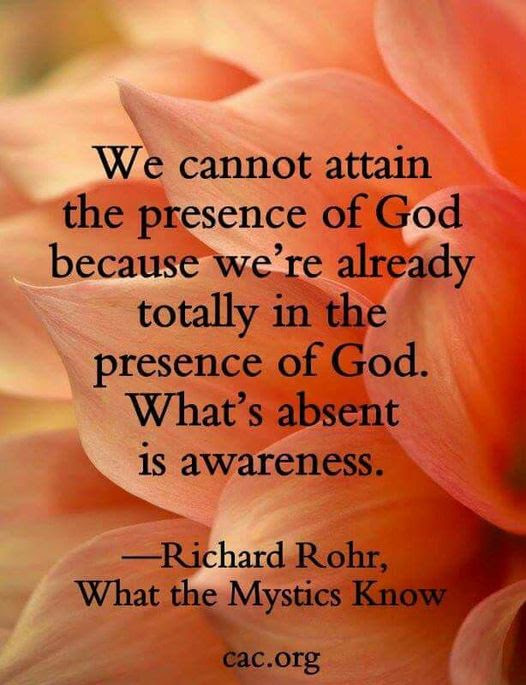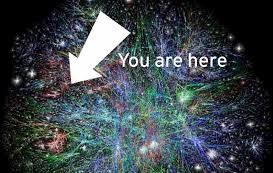Twenty-Fourth Sunday in Ordinary Time
“Who do people say that I am? …. Who do you say that I am?” Mk. 8:27&29
Some time ago, a priest was telling me about a church he preached in while giving a retreat. As he approached the pulpit to give his first sermon, he was surprised to find a plaque affixed to the back of it. On it were written words that only the priest could see – words reminding him of the purpose of the pulpit:
“Father, we wish to see Jesus.”
This, of course, is the hope that every parishioner has when they observe their priest or minister approach the pulpit in their church: they wish to see Jesus – through effective and enriching preaching.
But, why? Why is Jesus so important?
Or, as Mark so powerfully asks in today’s Gospel:
Who is Jesus? What’s so unique about him?
Previous to this scene that many scholars believe is arguably the single most important passage in the whole Gospel, Mark presents story after story in which people speak in awe of him.
For example, they ask in amazement and utter astonishment: “Who then is this, that even the wind and the sea obey him?” (4:41) Or: “What is this? …. He commands even the unclean spirits, and they obey him.” (1: 27) Or: “We have never seen anything like this.” (2:12)
Perhaps the most astounding of all is Mark’s report that “whenever unclean spirits saw him they would fall down before him and shout, ‘You are the Son of God.’” (3, 11)
So, who is Jesus? What is his meaning?
Today’s gospel presents a scene that is much like a midterm exam in school. Only the exam has just two questions:
“Who do people say that I am?” and “Who do you say that I am?”
Question # 1: Who do others say that I am? – is a relatively safe one. We can easily spout a catechism response. We may even be able to speak at length about what other people say about Jesus in literature, theology, art, etc.
Question # 2: This is where the exam gets real and personal:
“Who do you say that I am?”
That’s the one Jesus asked his disciples – and only one got the answer right!
We’re certainly aware through our daily media how many people seemingly answer question #2 with ease. For example, we seem to have scores of politicians these days who want to repeatedly inform us about how “Christian” they are and how dedicated they are to the person of Jesus. Oddly enough, however, many do this in the context of delivering passionate diatribes judging one group or another, condemning people right and left, and embracing values of exclusion and hatred and fear that are totally contrary to everything the real Jesus stood for.
But, regardless of how often Jesus is used for public pandering purposes, this question that Jesus asked in today’s gospel is one that each of us is called to answer in the privacy and in the depths of our own hearts:
“Who do you say that I am?”
What Jesus is clearly asking each of us to answer within ourselves is:
What importance do I have in your life? What meaning do you give to me? What value do my teachings have?
It’s interesting that Mark brilliantly poses these questions in between two different stories of Jesus healing a blind man. The blind men, of course, are symbolic of the disciples of Jesus. They demonstrate that they are on the way to seeing but aren’t quite there yet. They, of course, also represent all of us who seek to know who Jesus is but are slow to decide just how much room we’ll give him to impact our lives.
And this leads us to the conclusion of today’s gospel – where Jesus invites us into discipleship with him:
“Whoever wishes to come after me must deny himself, take up his cross, and follow me.”
In doing so, note that Jesus doesn’t just ask us to get his identity right – the “who” question. He urges us, like the original disciples, to take the next step – the step beyond awareness, the step that answers the “so what” question.
He asks us to follow him, not just admire him. He summons us to do the very same thing he asked the original disciples to do: set aside their demanding and all-consuming ego issues and “take up their cross,” their life burdens, their heartaches, and follow his path of surrender.
To put it in other words, Jesus asks us to move on to the final stage in the spiritual life.
The first stage is compliance. This is the least mature stage. It’s where we allow the Ten Commandments and lots of lesser instructions and regulations to dominate our lives. It’s where we play by the rules and keep score of how well we’re doing.
The second stage in spiritual growth is awareness. This is where, like the blind men in the gospels, we little-by-little begin to “see.” We begin to realize there is so much more to know and so much more to embrace. It’s what the spiritual writer Richard Rohr calls “the beginners mind” – always ready to learn more, always prepared to sit at the feet of the Master.
The final stage in spiritual growth is transformation. This is where we become changed people, where we begin to “put on the mind of Christ,” as St. Paul tells us, where we begin to live out of the Sermon on the Mount and not just the Ten Commandments. Or, as Sr. Joan Chittister writes:
This is where “we face what it means to be just in an unjust world, meek in an arrogant one, humble in a domineering one, compassionate in a prejudiced one, full of grief for those who suffer from suffering not of their own doing, merciful towards those who are oppressed by the indifferent of this world.”
Jesus uses the word “cross” to represent all of this. It’s what he asks us to pick up, embrace, and carry.
That’s who Jesus is.
Who are you?
Ted Wolgamot, Psy.D.





